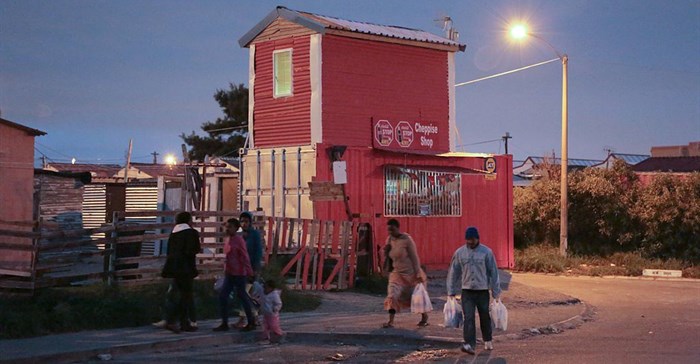
Top stories





Energy & MiningGlencore's Astron Energy gears up with new tanker amidst Sars dispute
Wendell Roelf 11 hours

More news


















Logistics & Transport
Uganda plans new rail link to Tanzania for mineral export boost










Significantly, the 650-page report, which aims to improve competition in the market and unblock barriers to access, also offered suggestions on how the struggling spaza shop market – estimated at around R40 billion per year – and informal traders can overcome the hurdles of a shifting competitive environment.
The Inquiry found a direct correlation between the reduced number of spaza shops and independent retailers, especially in the rural towns, and the entry of the national supermarket chains into township areas since the fall of apartheid.
The ensuing competitive dynamic has been further exacerbated by increasing competition from foreign-owned spaza shops, which appear to thrive despite restrictive trading environments and barriers to entry, says inquiry chairperson Professor Halton Cheadle, partner at BCHC Attorneys.
“Numerous factors contribute to the success of foreign-owned spaza shops; these include longer trading hours, a greater variety of stock, greater efficiencies in the procurement of goods from cooperative arrangements and also greater price competition from trading in counterfeit goods,” he said.
Restrictive apartheid-era trading times, burdensome regulatory processes for trading, particularly in relation to zoning and land use and limited, if any, access to credit are just a few of the barriers to success for informal traders and entrepreneurs who could contribute significantly to the economy and job market.
The report lists these and other restrictions, as well as suggesting various measures government can put in place to ease the burden on local spaza shops – but also notes a distinct “lack of co-operation amongst locally-owned spaza shops which prevents them from taking advantage of the opportunities for bulk buying at more competitive prices”.
What’s needed, says Cheadle, is a change in mindset from all stakeholders and roleplayers, as highlighted in the report, which calls for “greater levels of professionalisation and improved business management skills in the context of more sophisticated competitors entering these areas of operation, and the need to adapt the businesses to such competition.”
“Specifically, spaza shops and independent retail operations are part of the suite of avenues available for the achievement of broader and inclusive economic participation given the lower entry barriers into these types of businesses, for example, offering the potential to build one’s own business and accumulate capital rather than simply engage in salaried employment,” Cheadle said.
“Proactive legislation that supports the sustainable competitiveness of small and independent retailers will enhance their ability to respond to the changing competitive environment.”